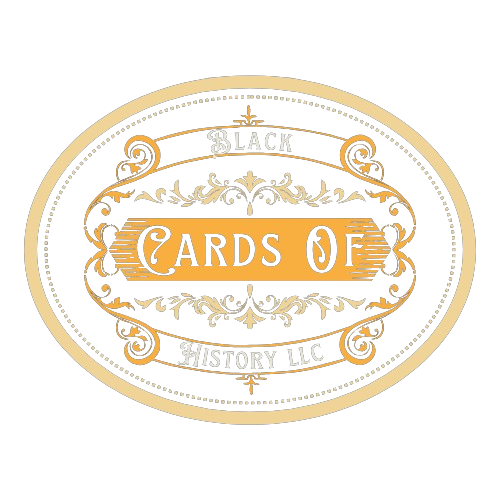More Than Just a Copycat: Neito Monoma and the Complicated Role of Allyship
Rise Beyond Legacy x My Hero Academia Final Season Preblogs
By Sterling, Founder of Black Cards Of History LLC
Introduction
Let me be blunt—Neito Monoma earned a 5/10 in my Rise Beyond Legacy rating, and honestly, that might be generous. One word: ugh. But hear me out, because this isn’t just about how annoying Monoma can be. It’s about the kind of ally who might show up to Black History Month events with an eye-roll, a smug smirk, and still… maybe, just maybe, say something worth unpacking.
He’s not the kind of person you expect to wear their heart on their sleeve. In fact, Monoma would probably critique the sleeve itself before offering a compliment. But that doesn’t mean he’s incapable of contributing—it just means the contribution will come with a disclaimer, a monologue, and probably a few insults.
Section 1: The Cynical Intellectual
Monoma is sharp. No denying that. But his sharpness often cuts in ways that aren't productive. When it comes to Black History Month, I imagine Monoma participating—but mostly as a contrarian. He might start his engagement by questioning the structure of the celebration itself:
“Why just a month? Why not integrate fully into our curriculum year-round?”
Or worse:
“Are we glorifying individual figures or actually addressing systemic issues?”
Now, those questions aren’t bad in theory—but coming from Monoma, they’d probably be served with a smirk and a smug superiority complex. Still, there’s value in pushing the conversation beyond posters and hashtags. If he channeled that energy constructively, his commentary might force people to think deeper—even if they don’t like how it’s delivered.
Section 2: Performative or Provocative?
Let’s be real. Performative allyship is a real issue. And Monoma, with his flair for dramatics and thirst for attention, might be guilty of that. But here’s the twist—sometimes even performative actions accidentally spark real conversations. Even if Monoma’s ego was driving the bus, the destination might still land on a necessary point.
I imagine him joining a panel discussion not to honor Black history, but to debate the institution of history itself. That’s Monoma. He’s the guy who critiques your museum curation during the tour. He’s not wrong, just loudly opinionated.
Would I want to partner with him on a Black History Month project? Honestly, no. But would I tune in to his chaotic YouTube video titled “Critical Commentary: Analyzing Black Historical Narratives” just to see what curveballs he throws? Absolutely.
Section 3: His Hypothetical YouTube Assignment
His video would probably go viral—for better or worse. He'd wear a turtleneck, quote W.E.B. Du Bois out of context, and then pivot to some niche sociopolitical framework to prove how “society replicates systemic bias through educational canon.”
All while maintaining that smirk.
But underneath the sarcasm and theatrics, Monoma could shine light on narratives that often get buried. He’d focus on critical theory, deconstructing the way Black figures are tokenized in history books. If he bothered to set aside his ego (even a little), he might genuinely challenge audiences to reexamine the way they consume history.
In the right context, he could spark a renaissance of uncomfortable—but necessary—dialogue.
Final Thoughts: The Double-Edged Sword
Neito Monoma isn’t easy to like. But not every contribution to social justice comes from a likable place. Sometimes, disruption—even if it’s arrogant—can shake us out of complacency. That doesn’t excuse the tone, but it acknowledges the potential.
I gave him a 5/10 because his heart isn’t fully in it. But his mind is active. And in a world where too many people are silent, even loud criticism has a place—especially when the topic is as vital as Black excellence, economic justice, and the legacies we fight to uplift.
So yeah... ugh. But also, hm.
Stay tuned for the next post in the Rise Beyond Legacy x My Hero Academia Final Season series.
And as always—stay critical, stay grounded, and rise beyond.

